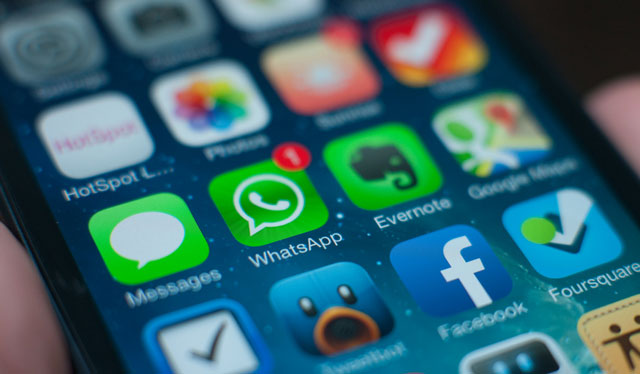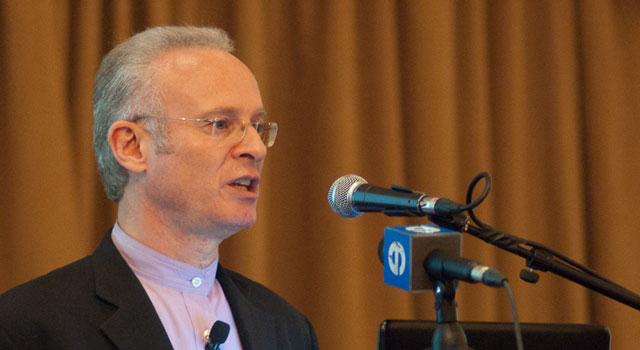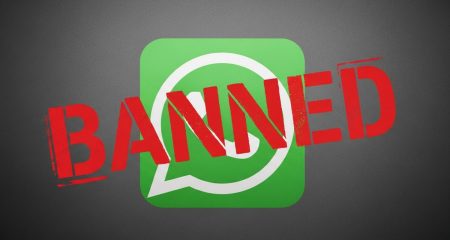
Facebook is stumping up US$19bn in cash and shares to buy popular instant messaging platform WhatsApp, which has 450m active monthly users and which is adding a million new users a month.
The deal could have been driven, at least in part, by a “potentially massive threat from the East” in the form of WeChat, which is owned by China’s Tencent, in which South African media group Naspers has a one-third stake.
“WeChat is the only other communications service in the world that is growing outside of Facebook and Whatsapp,” says World Wide Worx MD Arthur Goldstuck. “WeChat is the only service that is growing at a pace that suggests it will rival Facebook in terms of user numbers.”
WeChat, which is focused on mobile use, has more than 236m active users; Tencent’s QQ, a desktop-focused instant messaging application, has a stunning 818m active users, not too far behind Facebook’s 1,2bn.
Goldstuck says it is “almost certain” that at some point in the future, Facebook will look for ways to monetise WhatsApp.
In the South African context, the acquisition poses a challenge to WeChat, which is just now starting to push its presence in the country.
“WeChat is growing fast,” Goldstuck says. “It came from nowhere in the middle of 2013 and we have new data that reveals WeChat has a 5% penetration rate of adult cellphone users in South Africa.”
World Wide Worx expects this figure to grow to about 13% in the next year or two. But Facebook penetration is at 45% of the mobile user base in South Africa (through the Facebook app), while WhatsApp is at 53%.

While WeChat is the “gorilla” in the Chinese market, Tencent wants to get to that status in other countries as well, and certainly in South Africa, says Goldstuck.
“The Facebook, WhatsApp tie-up will create an even bigger obstacle in the growth of WeChat.”
A bigger reason for Facebook’s decision to buy WhatsApp is probably that growth in its own user base is slowing significantly. If it wants to continue its rapid expansion, it has to move into new areas, says Goldstuck.
But can the $19bn price tag — which values each WhatsApp user at $42 — be justified. “It’s not justified now, but I suspect … it will deliver significant returns in the future — if not financially, then certainly strategically,” he says. — (c) 2014 NewsCentral Media




